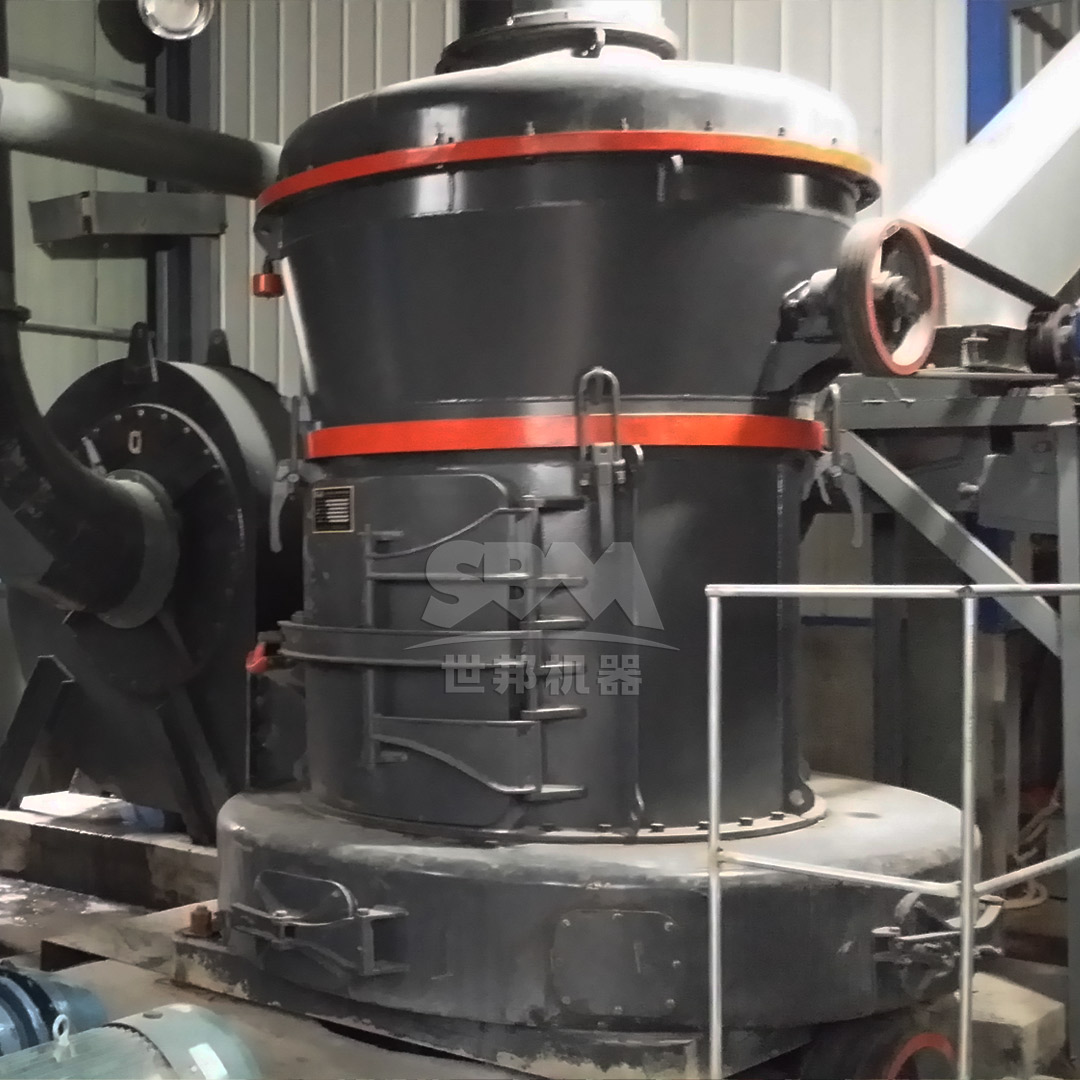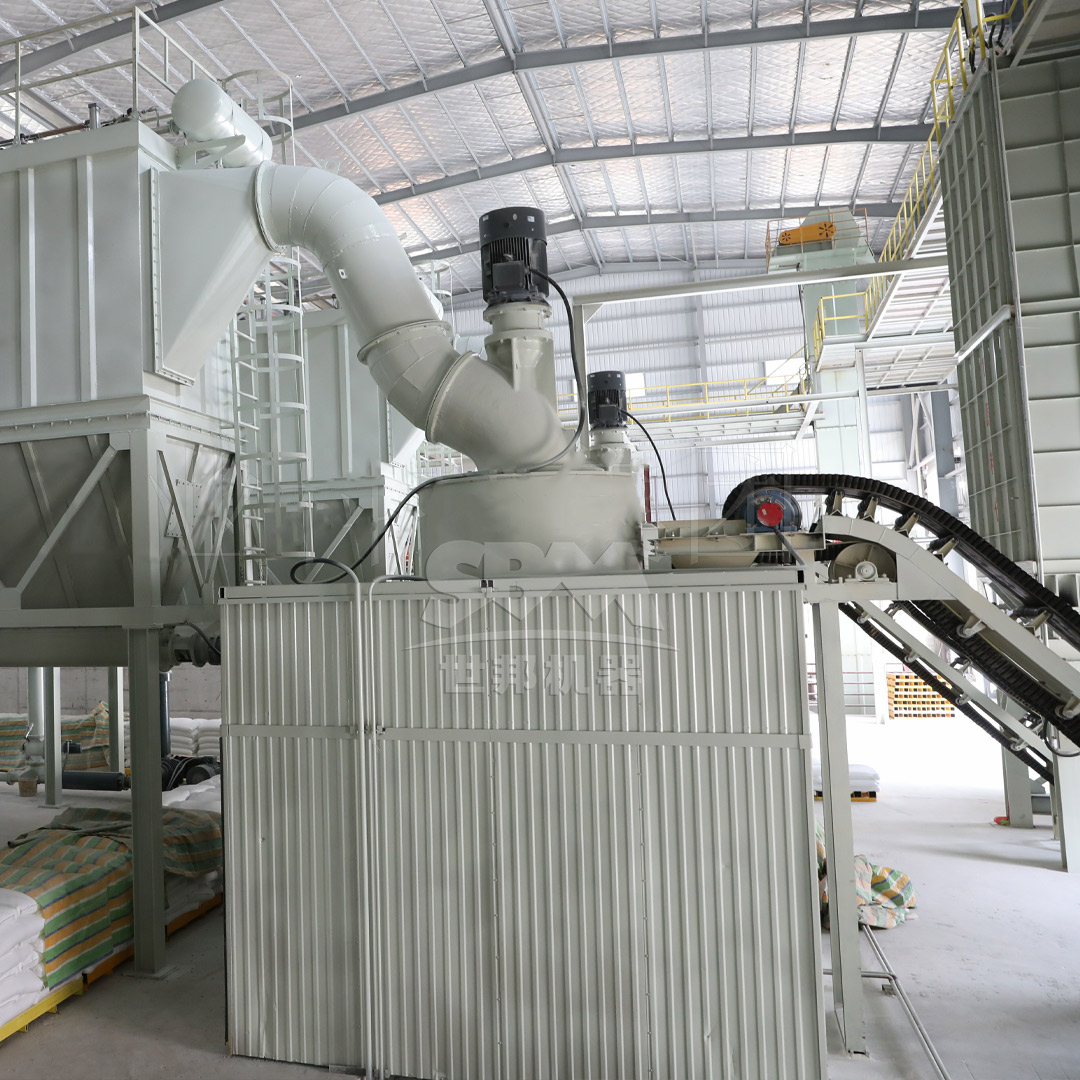Petroleum coke (petcoke) is a critical carbon source in steel manufacturing, particularly in electric arc furnace (EAF) operations. Its efficient grinding to precise fineness is essential for optimal combustion and carbon injection. Selecting the right grinding mill is paramount for achieving desired productivity, energy efficiency, and product quality. This guide provides a comprehensive overview of key considerations and technologies for petcoke grinding in the steel industry.

Understanding the material characteristics is the first step in mill selection. Petroleum coke presents unique challenges:
The target particle size distribution (PSD) is the primary driver. Mills are designed for specific fineness ranges:
The required hourly capacity (e.g., 5 TPH, 25 TPH, 50 TPH) must align with the steel plant’s consumption rate.
Grinding is an energy-intensive process. Selecting a mill with high grinding efficiency and low specific energy consumption (kWh/ton) is crucial for operational cost reduction. Modern mills significantly outperform older technologies like ball mills.
Given petcoke’s abrasive nature, the mill’s grinding elements (rollers, rings, liners) must be made from special wear-resistant materials. Designs that allow for easy maintenance and quick replacement of wear parts minimize downtime.
The complete system includes feeding, grinding, classifying, and collecting. Integrated, compact designs reduce the plant’s footprint and simplify installation.
The mill system must feature effective pulse-jet dust collection to maintain emissions below international standards (e.g., <20 mg/m³). Explosion-proof designs and inert gas systems are often necessary for safe petcoke processing.

The traditional workhorse, ball mills are versatile but often less efficient for fine grinding applications. They operate on the principle of impact and attrition using steel balls. Key drawbacks include high energy consumption, significant wear, and a large physical footprint. They are often being replaced by more modern vertical roller mills for petcoke applications.
VRMs have become the industry standard for petcoke grinding due to their superior efficiency. They operate by bed compression, where rollers hydraulically press against a rotating grinding table. Advantages include:
Our LM Series Vertical Roller Mill is an exemplary solution for steel plants. Its集约化设计 (Intensive Design) integrates multiple functions, reducing footprint by 50%. With磨辊与磨盘非接触设计 (non-contact roller and disc design), wear part life is tripled, and energy consumption is 30-40% lower than ball mill systems. It is ideal for high-capacity petcoke grinding, with models like the LM220K offering outputs from 36 to 105 t/h at a fineness of 80-325 mesh, perfectly suited for large-scale steel production.
For applications demanding the finest petcoke powders, specialized ultra-fine mills are required. These mills integrate high-pressure grinding with precise air classification.
For steel manufacturers seeking the highest quality ultra-fine petcoke powder, our SCM Series Ultrafine Mill is the optimal choice. It is engineered to produce powders between 325 and 2500 mesh (45-5μm), ensuring exceptional reactivity in the EAF. Its technical advantages are unmatched:
With models ranging from the SCM800 (0.5-4.5 t/h) to the high-capacity SCM1680 (5.0-25 t/h), it offers a solution for any production requirement.
| Model | Grinding Capacity (ton/h) | Main Motor Power (kW) | Output Fineness (mesh) |
|---|---|---|---|
| SCM800 | 0.5-4.5 | 75 | 325-2500 |
| SCM1000 | 1.0-8.5 | 132 | 325-2500 |
| SCM1680 | 5.0-25.0 | 315 | 325-2500 |
This mill type offers a reliable and cost-effective solution for medium-fine grinding. It uses rollers and rings in a unique trapezoidal configuration, providing a good balance of performance and operating costs. Our MTW Series Trapezium Mill, with its防磨损铲刀设计 (anti-wear shovel design) and锥齿轮整体传动 (integral bevel gear transmission), is a robust and efficient option for outputs requiring 30-325 mesh fineness.
| Target Application | Required Fineness | Recommended Mill Technology | Key Consideration |
|---|---|---|---|
| EAF Carbon Injection | Ultra-fine (>325 mesh) | SCM Ultrafine Mill | Precision classification, high reactivity |
| General Purpose / High Capacity | Fine (45-325 mesh) | LM Vertical Roller Mill | Energy efficiency, large capacity |
| Cost-Sensitive Operation | Medium-Fine (30-325 mesh) | MTW Trapezium Mill | Balance of performance and cost |
The selection of a petroleum coke grinding mill is a strategic decision that impacts a steel plant’s operational efficiency, product quality, and bottom line. While ball mills are a proven technology, Vertical Roller Mills like our LM Series represent the modern standard for most applications due to their significant energy savings and high capacity. For the most demanding ultra-fine grinding requirements, specialized mills like the SCM Ultrafine Mill are unparalleled. Ultimately, the best choice depends on a careful analysis of the specific petcoke properties, the required product fineness, production capacity, and total cost of ownership. Partnering with a technology provider that offers a range of reliable and efficient solutions is key to optimizing your steel manufacturing process.
